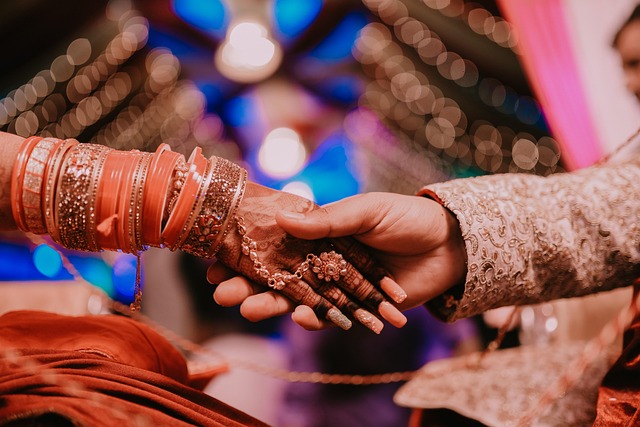
In India, most people opt for religious ceremonies and rituals to approve of the marriage and hardly consider registering their marriage legally. According to statistics, more than 90% of marriages in rural areas are unregistered and 70-80% of marriages in urban areas are unregistered. Is it necessary to register for marriage? We spoke to Siddharth Chandrashekhar, Advocate & Counsel Sr. Panel Counsel: Department of Revenue Intelligence [DRI], Directorate of GST Intelligence [DGGI], CBIC, Mumbai to understand the complexities of unregistered marriage.
Siddharth highlighted that the validity of a marriage isn’t SOLELY determined by whether it has been registered. For example, under personal laws such as the Hindu Marriage Act, 1955, a marriage may be considered valid if the prescribed ceremonies and rites have been duly performed—even if the marriage is not formally registered.

However, in the absence of registration, the couple loses an important piece of documentary evidence that establishes the date, place, and terms of the marriage. This becomes particularly relevant in any future legal disputes or when trying to prove the marriage’s existence in court.
Section of the Hindu Marriage Act deals with registration of Hindu marriages, and it does not state that it is compulsory but merely mentions it as "for facilitation as proof of Hindu marriages.”
Imagine tying the knot without the paperwork—it's like riding on a roller coaster without a seat belt. Similarly, a missing registration is like having no timestamp on your love story.
Without that official paper trail, proving your “I do” can turn into a Sherlock Holmes mystery in court.
Don't Miss: Woman Says Husband Wants To Keep The Union But End Romance: Is That Possible? Expert Weighs In

According to Siddharth, here are the challenges with unregistered marriages:
Without a marriage registration certificate, proving the existence and details of the marriage becomes more challenging. Courts often rely on registration documents as prima facie evidence of a valid marriage.

In the absence of such documents, the parties may have to resort to secondary evidence such as:
Witness testimonies, Photographs, correspondence, affidavits, and other documentary proofs (e.g., invitations or religious records). The lack of direct documentation may lead to delays or disputes regarding the facts of the marriage.
The absence of formal registration might also affect subsequent claims for maintenance, division of property, and custody disputes. The court’s ability to reconstruct the marital history accurately is crucial in deciding these matters. Uncertainty regarding the marriage’s terms or duration may result in a less predictable outcome regarding alimony or asset division.

Maintenance, asset division, child custody—they all get tangled in this legal maze. Without clear documents, splitting the earnings and assets (or winning custody).
Don't Miss: Wife Alleges Husband’s Disinterest in Sex, Intense Focus on Spirituality; Kerala High Court Grants Divorce
For more such stories, stay tuned to HerZindagi.
Image Courtesy: Freepik
Also watch this video
Herzindagi video
Our aim is to provide accurate, safe and expert verified information through our articles and social media handles. The remedies, advice and tips mentioned here are for general information only. Please consult your expert before trying any kind of health, beauty, life hacks or astrology related tips. For any feedback or complaint, contact us at [email protected].